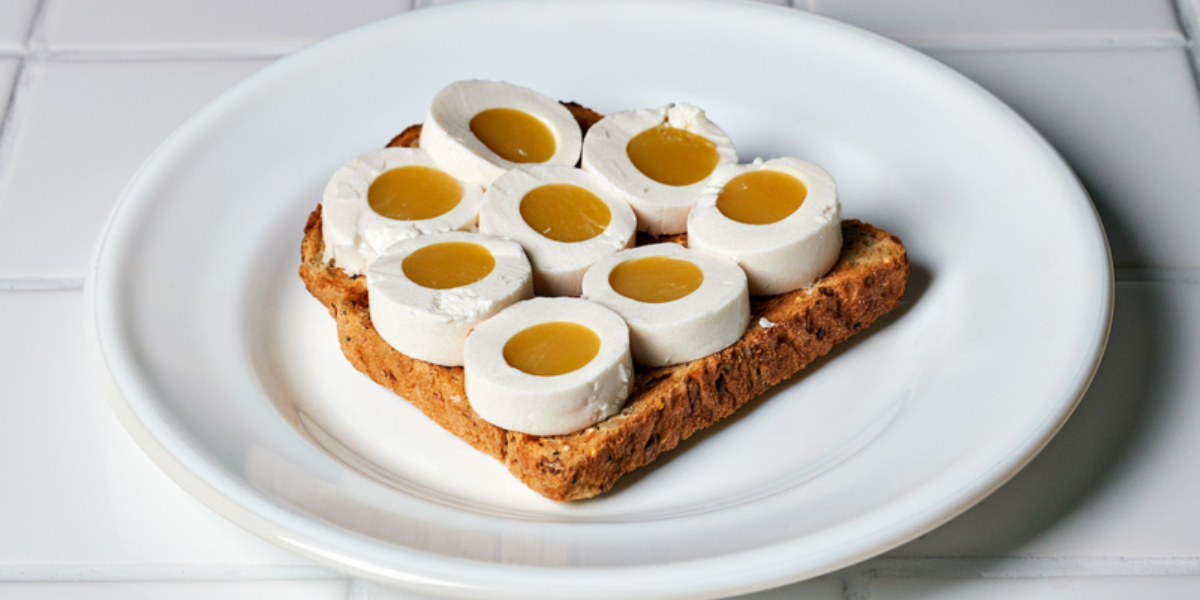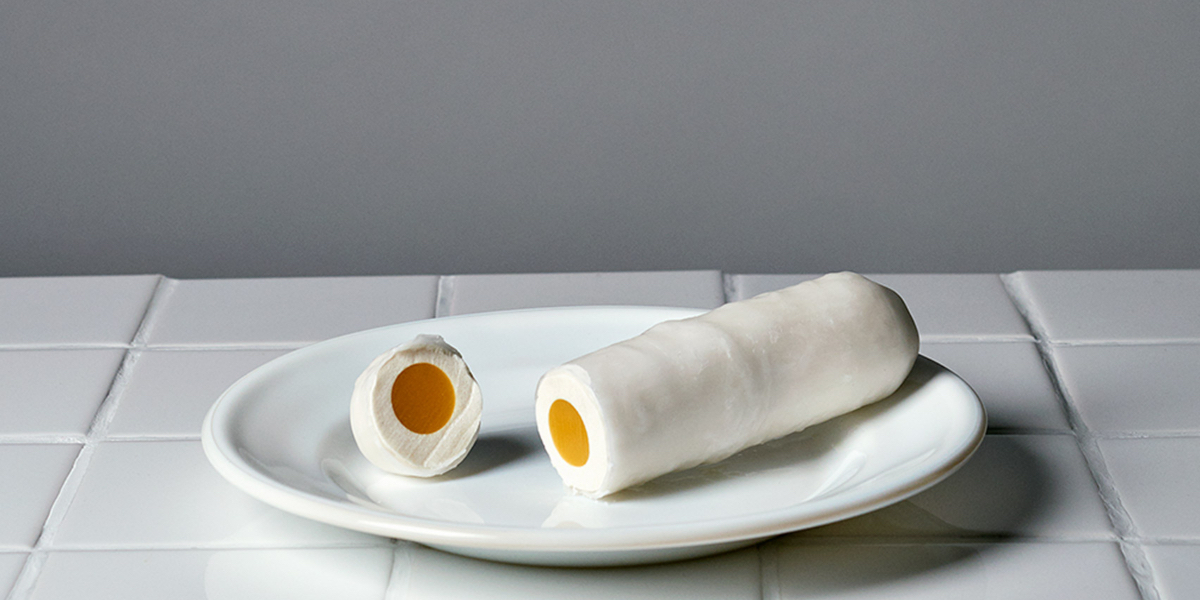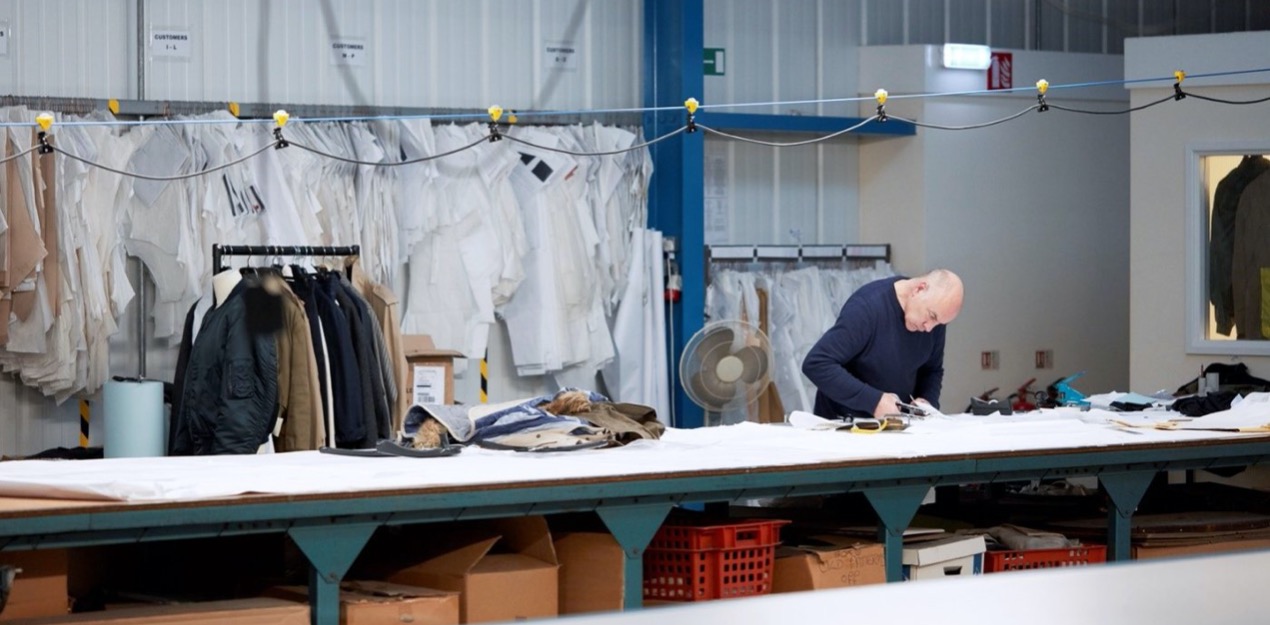AWARD YEAR
2023
CATEGORY
Community
GOALS
Zero Hunger, Responsible Consumption & Production, Life On Land
KEYWORDS
eggs, Vegan products , alternative foods, plant based, farming
COUNTRY
United Kingdom
DESIGNED BY
Annie Larkins
WEBSITE
https://www.dezeen.com/2019/10/28/annie-larkins-vegan-egg-food/
An Egg Without a Chicken
Plant-based eggs to spotlight unethical farming
How does it work?
Annie Larkins’ plant-based egg aims to highlight the unethical and unsustainable industrial farming practices of chicken eggs. The key ingredient is a pea protein isolate, used to replicate the nutrients of a real egg. Larkins used Kala Namak salt – a kiln-fired rock salt used in South Asia – to reproduce the egg's "sulphur-like" taste, and an alginate – an acid found in the cell walls of brown algae – to create a yolk-like form that can burst like the real thing.
Why is it needed?
“In the face of climate change, we need to move away from intensive animal agriculture and explore alternative sources of protein,” Larkins told Dezeen.
“There is currently a growing interest in veganism, and demand for plant-based alternatives is at an all-time high,” added Larkins. Whilst egg alternatives already exist – either plant-based or grown synthetically in a laboratory – they neglect the essence of what an egg is.”
How does it improve life?
Larkins presented the results of her egg experiment at the 2019 Dutch Design Week, which took place in Eindhoven from 19 to 27 October.
Larkins stresses that she is not trying to make a commercially viable egg product, but rather her recipe is a work-in-progress that proposes a solution to the problem of feeding an increasing population without putting a strain on the environment. She hopes her egg substitute will allow space for discussions about the issues of food sourcing and production in the climate crisis.







